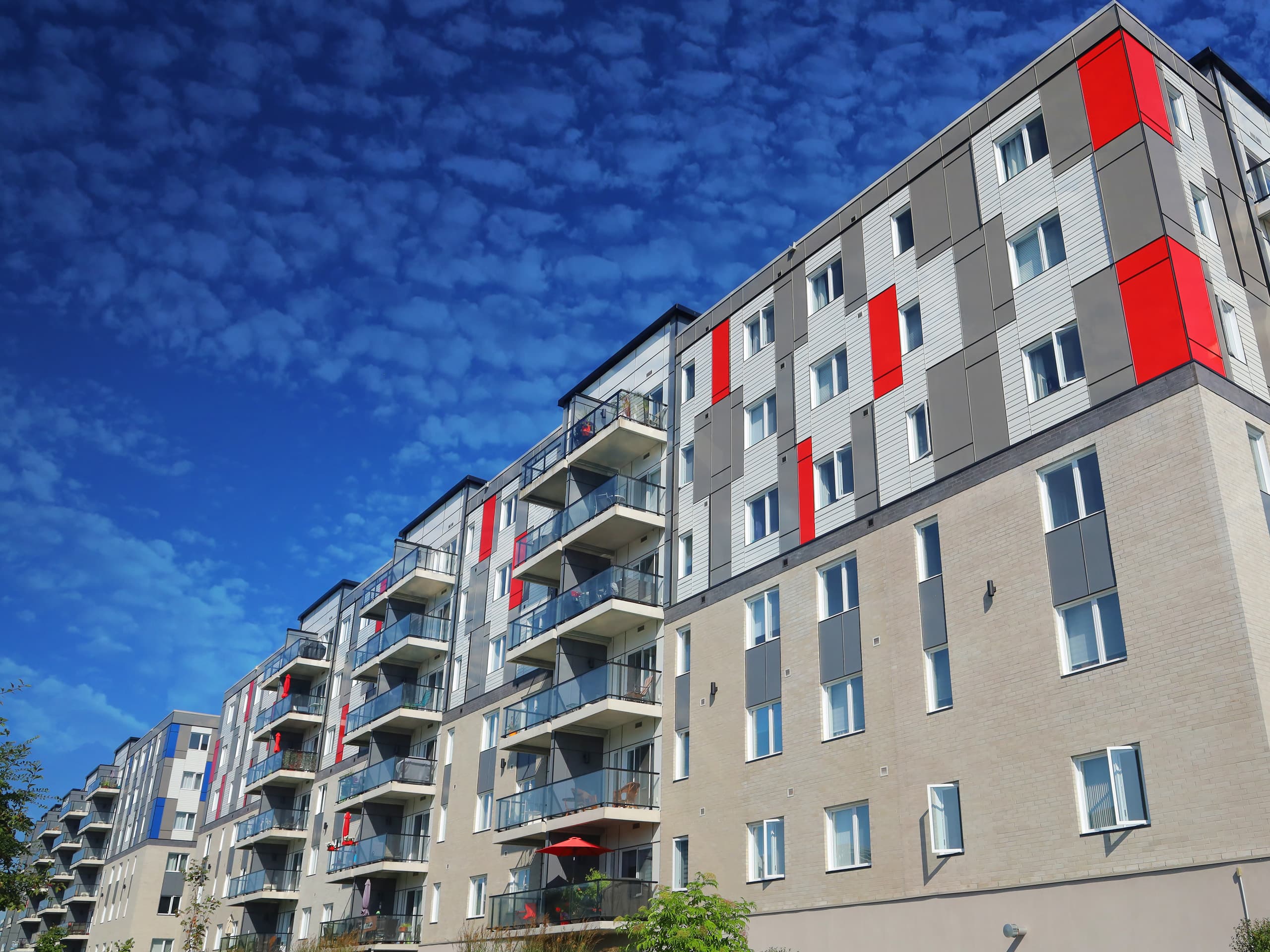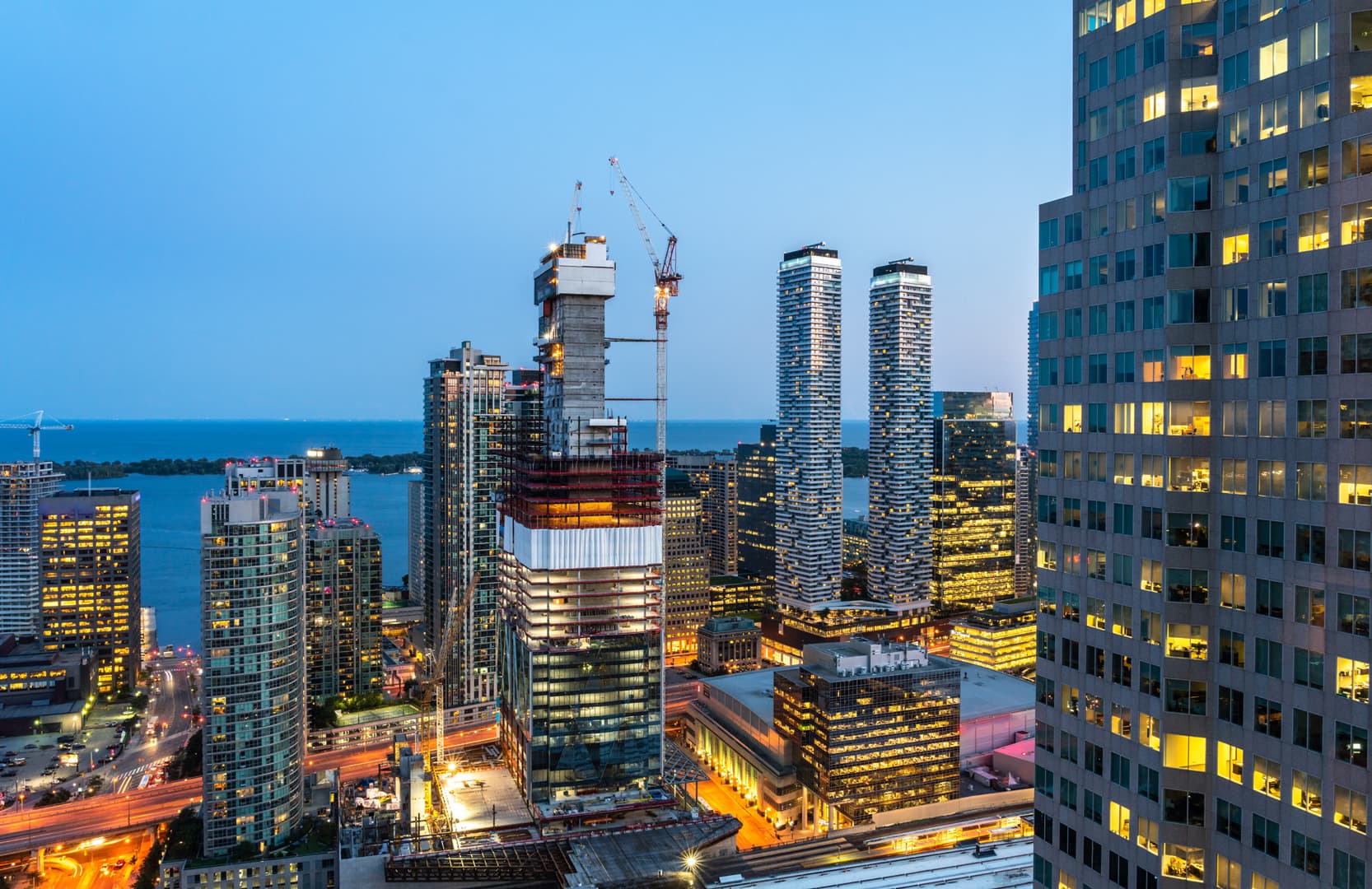The pandemic has worsened an already dire situation for housing affordability and homelessness in our vulnerable communities across Canada. Through CMHC and as a supplement to the National Housing Strategy, the Government of Canada has committed to ensuring every Canadian has a safe and affordable place to call home through its program called the Rapid Housing Initiative (RHI).
As more details are announced, we will update these frequently asked questions, so please bookmark this page.
Frequently asked questions
What is the Rapid Housing Initiative (RHI)?
In 2020, the Government of Canada committed to a $1 billion investment to address the housing needs of Canada’s most vulnerable populations, and provide them with expedited and adequate affordable housing. In their 2021 budget, they committed an additional $1.5 billion.
It was announced in June 2021 that $500 million of the $1.5 billion (2nd round of funding) would be for the city stream and $1 billion would be for the project stream.
Overall, this new funding will add a minimum of 4,500 new affordable units to Canada’s housing supply, building on the 4,700 units already funded in the 2020 Fall Economic Statement (from the initial $1 billion).
The recipients of this funding will have 12 months to ensure housing is available, which is why there is great focus on modular and conversion of existing assets.
Who can apply for this funding?
RHI funding is available to municipalities, provinces, territories, Indigenous governing bodies and organizations, and non-profit organizations. At least 25% of this new funding (from 2021 Federal budget) will go towards women-focused housing projects.
What funding is available in this program?
CMHC will provide up to 100% in funding to cover eligible residential construction costs.
What does the funding cover?
The funding associated with this initiative is for addressing the needs of vulnerable Canadians through the construction of modular housing, land acquisition, and the conversion of existing buildings to affordable housing.
Can this funding be used to cover operational expenses?
CMHC will provide up to 100% funding to cost in capital contributions. RHI funding cannot be used to cover operational expenses. RHI will not fund costs related to non-residential space.
Source: Rapid Housing Initiative webinar on November 4, 2020
How do I apply?
Applications have now closed for this program. Only those received in the first round of RHI or those whose applications remaining eligible for funding will be considered for the second round of funding.
What reporting does the program require? In the first funding stream (2020), there was a requirement for monthly Quantity Surveyor (QS) progress reports to be submitted directly to CMHC. Altus Group has the ability to provide these reports, and has completed many for other CMHC projects in the past.
Why modular and what do I need to consider with this form of development?
The RHI program is defining modular as a product that is prefabricated, constructed away from the project site, construction in sections or modules and delivered to the project site upon completion and set on a foundation.
It’s not surprising that modular development is being encouraged as part of this initiative, especially given the 12-month window to use the funding. It allows for fast-tracking of some stages of development, while not compromising quality. This is a win-win for getting housing to our most vulnerable communities in an expedient manner.
Benefits of modular:
Shorter timeline for delivery (occupancy)
More efficient approach to construction
Greater ability to control costs, labour, schedules, delivery
Environmental – control waste
Safer during winter months, and fewer instances of injury
Challenges with modular:
Greater upfront time spent on design
Harder to make changes after the design stage
Not all areas across Canada can readily take advantage
Efficiencies are usually seen by those more experienced with modular developments
Some key things to look at if you are considering modular development:
Cost savings v time savings – Yes you will likely save time during development, but you may spend more time in the design stage given it’s more difficult to make changes or pivot during construction. Make sure you understand how this could impact your pro forma.
Lifespan – Does the modular design have any impact on the lifespan of the asset?
In terms of this program, how is modular defined?
The RHI program is defining modular as a product that is prefabricated, constructed away from the project site, constructed in sections or modules and delivered to the project site upon completion and set on a foundation.
Source: Rapid Housing Initiative webinar on November 4, 2020
What do I need to consider for land acquisition?
Before acquiring land for development, whether for affordable housing or not, it is always recommended that you do you your due diligence – and more specifically, development due diligence, to make sure your development play makes sense.
During this process, you’ll want to consider the following:
What are the existing zoning bylaws and do they align with my plans?
What is the likelihood of my development application being approved?
How should I budget for this development? Is there a way to understand the implications of different scenarios, like an increase in development costs?
Am I eligible for any additional incentives? This is especially applicable when it comes to affordable housing.
Are there any opportunities to partner with someone with sector experience?
Is the site appropriate for what I’m trying to develop?
What do I need to consider for conversion of an existing asset?
COVID-19 has impacted some sectors more negatively than others, which could create an opportunity for those sectors to reposition their assets. For example, while the hospitality sector struggles, there is still strong demand for multi-family housing in many markets and taking advantage of the RHI to help fund affordable housing makes the opportunity even more attractive.
Doing your development due diligence will be extremely important, and you’ll want to consider some of the following during the process:
Location is key – the housing needs of the area should align with what you are developing and what’s possible for this asset
What is the likelihood of my development application being approved in this municipality and location? Are there zoning bylaws or restrictions that I need to be aware of?
What is the current value of the asset? Where are values headed for this type of asset in this region?
What is the cost to convert? Smaller and older properties are not the most easily converted, and the associated cost to do so can be prohibitive.
Read our article on converting hotel assets to multi-family. There are lots of hotel owners out there looking for municipalities that could leverage RHI funding for this purpose.
What are the eligibility requirements?
The Rapid Housing Initiative is open to municipal, provincial and territorial governments including their agencies, Indigenous governing bodies and organizations as well as non-profit organizations. All eligible applicants must have both property management experience and construction management experience.
The property type and size requirements are limited to standard rental, transitional, and permanent supportive housing, single room occupancy and seniors housing (that requires light to no care) where the primary use is residential.
These projects must have a minimum of five units or beds, with some exceptions being made for remote projects and must also be considered permanent housing meaning long-term tenancy of 3 months or more. The affordability of these units must be maintained for a minimum of 20 years. Lastly, eligible projects must have a minimum funding request of $1 million. For more information on eligibility, please visit the RHI page.
Are there target groups for this affordable housing?
There are many target groups for this initiative and successful applications must serve at least one of these groups to qualify:
Homeless, or at risk of homelessness
Women/Women and children/Women fleeing family violence
Seniors
Indigenous peoples
Veterans
Those with physical and developmental disabilities
Those dealing with mental health and addiction issues
Black Canadians
Young adults
Newcomers, including refugees
LGBTQ2+
Racialized groups
Source: Rapid Housing Initiative webinar on November 4, 2020
Are there criteria that will be used to prioritize projects for the funding?
Projects will be prioritized based on several criteria which assess how they address key questions including, but not limited to:
Need
Duration of confirmed operating subsidy
Cost sharing
Expediency
Land status
Duration of affordability
People or populations who are served (targeting)
For modular – energy efficiency and accessibility
Source: Rapid Housing Initiative webinar on November 4, 2020
Where can I get more information on this program?
Your main source for RHI will be on CMHC’s website, on the RHI page.
Author

Altus Group
Author




